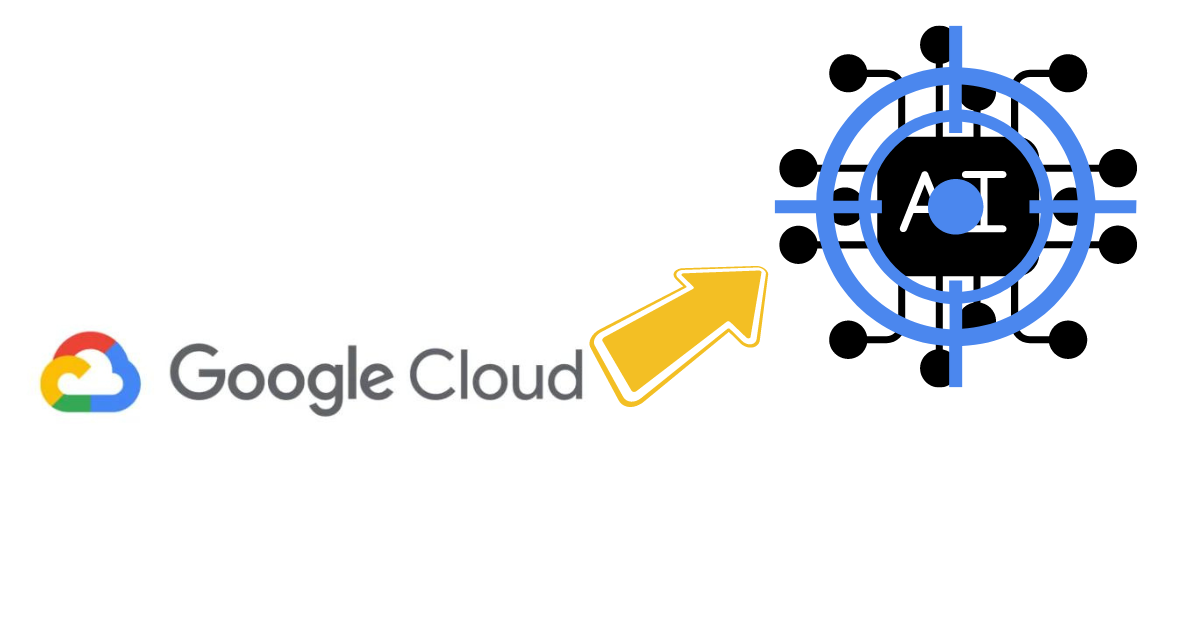Google Cloud’s Focus on AI

This week in Las Vegas, the Google Cloud conference gathered about 30,000 attendees to dive into the latest advancements in technology, with a heavy emphasis on generative AI.
Google seemed to shift much of its focus towards artificial intelligence, showcasing how these new tools can enhance productivity and efficiency for its users.
Throughout the event, especially during the main keynote sessions, Google introduced several enhancements related to its Gemini large language model (LLM). These enhancements are designed to aid customers in utilizing AI to improve various operations within their organizations.
The demonstrations, although simplified for the sake of presentation, aimed to illustrate the potential applications of AI within the Google ecosystem.
It became evident that many of these applications might not necessarily require AI, which suggests that some scenarios showcased might be overemphasizing the technology’s necessity.
For example, an e-commerce transaction demo involved a scenario where AI was used for a simple purchase that could have easily been handled through the website directly.
Challenges and Realities
While Google’s presentations made implementing AI seem straightforward, the reality of integrating such advanced technologies within large organizations is quite complex. Like other major technological innovations—such as mobile tech, cloud computing, and automation—AI promises significant advantages but comes with its own set of challenges.
Organizations need to have a well-organized and clean data infrastructure before they can effectively implement AI.
This is because AI systems, like Gemini, require high-quality data to function properly. If the data is not well-managed, the outcome could be less effective, adhering to the old adage “garbage in, garbage out.”
Digital Transformation
The conference also highlighted a division between companies that are advanced in their digital transformation and those that are not. Companies with modern, cloud-based systems are more likely to adopt and benefit from AI technologies more smoothly. In contrast, those still reliant on older, on-premise technologies face more hurdles.
Executives from various industries expressed that while the tools and enhancements presented by Google are promising, the journey toward effective implementation is long and filled with potential obstacles. Issues such as data governance, security, and compliance need to be addressed to fully leverage AI capabilities.





